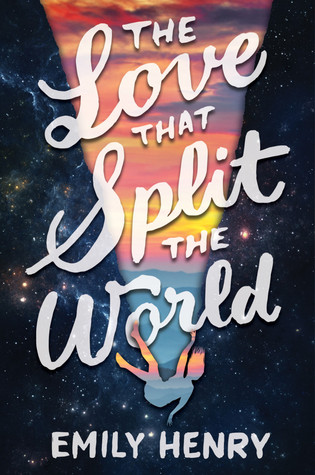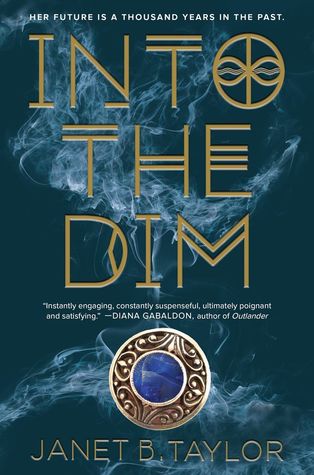
The book is set in Algiers which in itself was very interesting to me. I almost never come across books set in North Africa. Here is a brief summary of the plot. The main character Meursault finds out about the death of his mother and travels to the country for her burial. Upon returning to Algiers he becomes somewhat close with Raymond, a resident in the same apartment building, who himself is embroiled in a bit of a feud with a brother of an Arab girl he used to date. Through a set of unfortunately circumstances, Meursault ends up shooting the Arab man and gets arrested. The book is divided into two distinct parts: the first one recounts the events leading up to the murder and the second part is mostly focused on Meursault's inner musings during incarceration and throughout the trial.
What struck me the most in reading the first part of the book was how detached Meursault was from the world. As the title suggests, he views the events as a stranger, or an outsider, without being emotionally involved. His comments are limited to his physical needs, comforts or discomforts and to cold recounting of events as they unfold. His reactions are logical and rational but lack any emotion or any sense of morality. For example, he does not show any grief upon hearing about his mother's death. In fact, he is more worried about annoying his boss since he has to take two days off from work. At the funeral, he focuses on how hot and tired he was and makes no mention of how he felt about his mother's passing. When Raymond beats up his girlfriend, Meursault has no reaction to the beating itself. Instead, he rationalizes that she probably "deserved" the beating. The clipped sentences Camus uses in the first part of the novel reinforce the feeling that someone devoid of any human emotion, almost a robot, recounts the story.
In part 2 of the novel, Meursault is in prison. The narrative is focused on how humans can get used to any environment with enough time and effort. He learns to pass the time in jail, and even here shows no feeling or yearning for freedom. In fact, he comes to the logical conclusion that since he committed a crime, he should be punished, and loss of freedom is sufficient punishment, until one gets used to life in prison that is. The only thing that somewhat shakes him (but not for long) is the fear of execution. He finally starts to show some emotion, although it is more of a survival instinct than a true feeling. Even under these circumstances, Meursault rationalizes that one's life comes to an end sooner or later. Therefore, what does it matter when one dies: in a day or in twenty years?
I do agree that the trial is quite absurd. As Camus himself noted, Meursault is basically on trial for not showing any grief at his mother's funeral. At the same time, even if what is being discussed in the courtroom is absurd, Meursault himself does not feel repentant about taking a human life. He exhibits no guilt, and overall gives little thought to the murder itself. So perhaps the whole point of the book is about the danger of losing one's humanity. Even though on the surface, Meursault is an honest and hard working individual, his lack of emotional involvement robs him of any sort of moral compass. He is truly dangerous without ever realizing it. His mother dies - what a bother. A friend abuses his girlfriend - she probably deserved it. I shot a man in cold blood for no reason - I was just feeling hot and the sun was in my eyes. No feeling, no remorse, just logic. A great book that really makes one think. 5 out of 5 stars.



